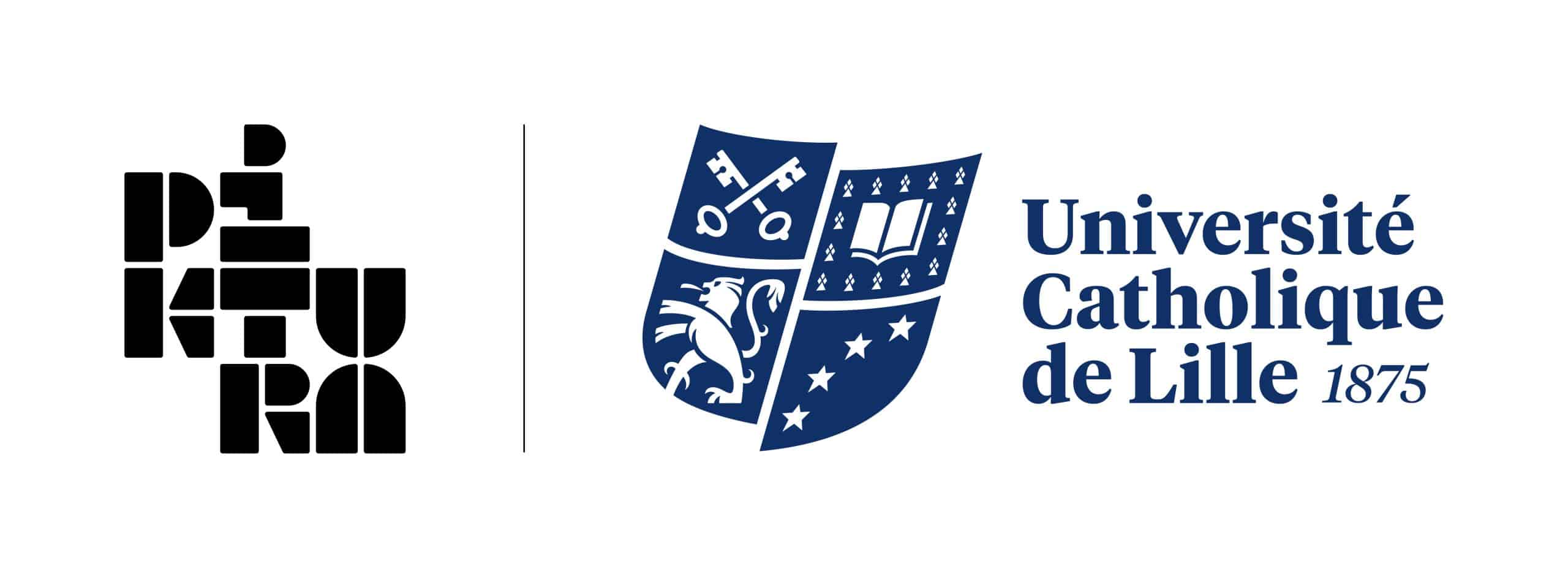
Spé Game Art: Direction artistique
Etablissement : PIKTURA Ecole de l’image
Langue : Français
Formation(s) dans laquelle/lesquelles le cours apparait :
Période : S5
L2 Character Design (S3 & S4)
Savoir développer différentes propositions de style graphique pour un même personnage dans un univers prédéfini.
PREPRODUCTION
Dans un premier temps de mettre à plat les idées directrices, les concepts majeurs et donc de dégager les grandes lignes du projet.
Creation de moodboards,de concept art et de planches de character design.
tout doit être défini le plus précisément possible de sorte à pouvoir s’assurer que tout le monde travaillera dans le même sens lors du développement.
travail a faire :
Moodboards de recherches
Moodboards couleurs
Moodboards d ambiance et de lumieres
concept art des decors
planches de character design
validation
Découpage des points vus en cours ( 3 sessions )
Chapitre 1 : Le modèle hd
-
Mass blocking
-
Formes générales
-
Merging et details
-
Polypaint
Chapitre 2 : Low poly baking
-
Défition topology, edge flow
-
Retopology low poly dans 3dsmax
-
Création des uvs
-
Les pass de rendus
-
Baking dans marmoset viewer
Chapitre 3 : Texturing
-
Bases colors
-
Compositing
-
Gradient
Chapitre 4 : Intégration
-
Export depuis 3dsmax
-
Intégration dans le moteur de jeu
Chapitre 5 : Conclusion
-
Petite ouverture sur le pipe de travail et le prototypage rapide


